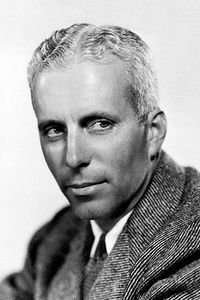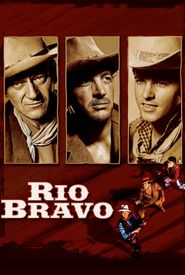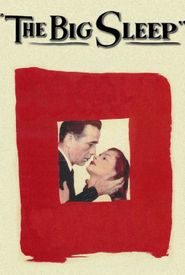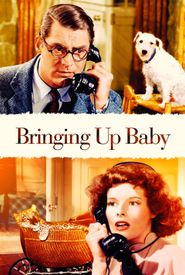Here is the biography of Howard Hawks:
Howard Winchester Hawks was born on May 30, 1896, in Goshen, Indiana, to Franklin Winchester Hawks and Helen Brown Howard. He was the first child of a wealthy family, with his father being a prominent businessman and his maternal grandfather being a successful industrialist. Hawks grew up in a coddled and spoiled environment, with his grandfather lavishing him with expensive toys.
Hawks attended Philips Exeter Academy and later Cornell University, where he majored in mechanical engineering. However, he dropped out of college to pursue a career in the film industry. He began working in the film industry in the 1920s, starting as a prop man and eventually becoming a director.
Hawks' early career was marked by a series of silent films, including "A Girl in Every Port" (1928) and "The Road to Glory" (1926). He transitioned to sound films with "The Dawn Patrol" (1930),which became a critical and commercial success.
Throughout the 1930s, Hawks established himself as a major director, working on a wide range of films, including "Scarface" (1932),"Twentieth Century" (1934),"Bringing Up Baby" (1938),"Only Angels Have Wings" (1939),and "His Girl Friday" (1940). He continued to work in the film industry throughout the 1940s and 1950s, directing films such as "Sergeant York" (1941),"To Have and Have Not" (1944),"The Big Sleep" (1946),and "Red River" (1948).
Hawks was known for his versatility and ability to work in a variety of genres, including action-adventure, comedy, and drama. He was also known for his ability to elicit strong performances from his actors, and he worked with many of the biggest stars of the time, including Cary Grant, Barbara Stanwyck, and Humphrey Bogart.
Despite his success, Hawks was often overlooked by critics and historians, who saw him as a commercial filmmaker rather than an artist. However, the French New Wave critics, including Éric Rohmer, Claude Chabrol, and François Truffaut, recognized Hawks as a master filmmaker and elevated him to the status of a great director.
Hawks continued to work in the film industry until his death on December 26, 1977, at the age of 81. He left behind a legacy of over 40 films, many of which are still widely regarded as classics today.































































